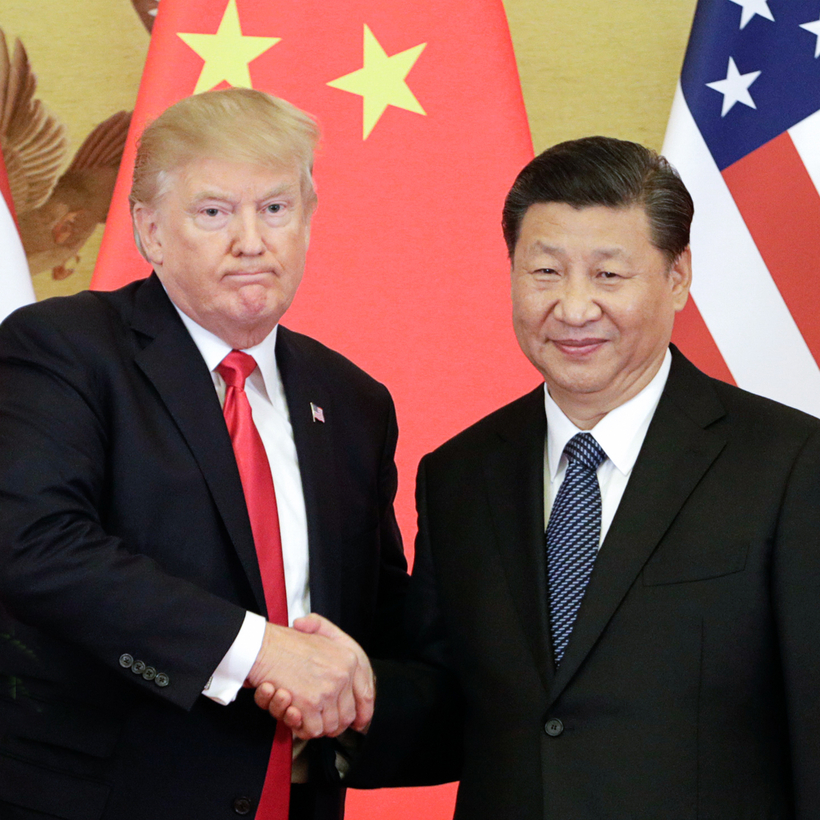Has China Won?: The Chinese Challenge to American Primacy by Kishore Mahbubani
In 1945 the United States was the planet’s dominant force, with half its entire GDP: it became the only leading participant of the Second World War to show a profit. Half a century later it was also victor of the Cold War, still indisputably numero uno. The American genius — and such a thing assuredly exists — was arming its brightest and best to tower over the new technologies that would dominate the 21st century.
Today, America is in a crisis caused by forces that may be intensified by the coronavirus, but preceded it. Kishore Mahbubani, a Singaporean academic and former diplomat who has served as president of the UN Security Council, here delivers a blistering analysis of its fall from grace.


